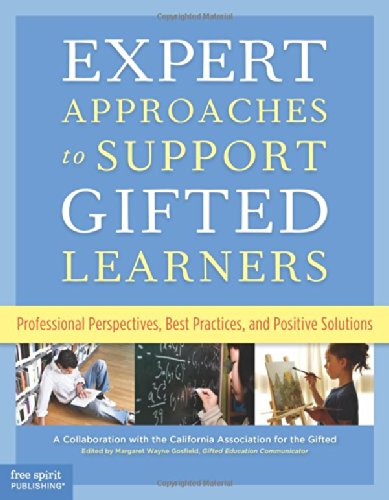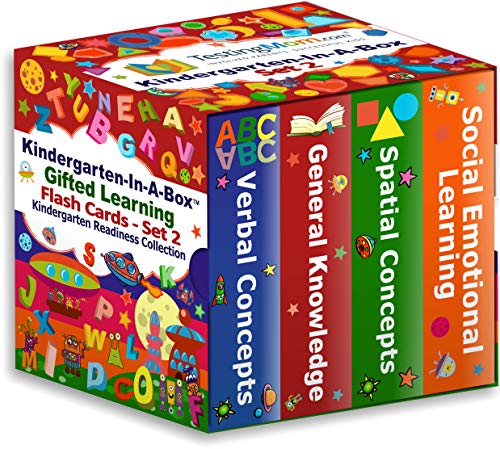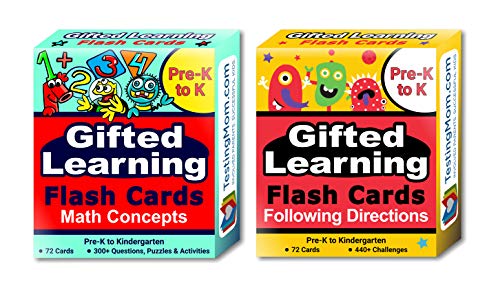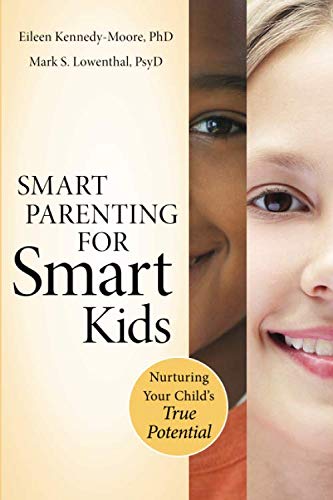Smart Parenting for Smart Kids: Nurturing Your Child’s True Potential
“My kid is smart, but…” It takes more than school smarts to create a fulfilling life. In fact, many bright children face special challenges: Some are driven by perfectionism;Some are afraid of effort, because they’re used to instant success;Some routinely butt heads with authority figures;Some struggle to get along with their peers ;Some are outwardly
“My kid is smart, but…”
It takes more than school smarts to create a fulfilling life. In fact, many bright children face special challenges: Some are driven by perfectionism;Some are afraid of effort, because they’re used to instant success;Some routinely butt heads with authority figures;Some struggle to get along with their peers ;Some are outwardly successful but just don’t feel good about themselves.
This practical and compassionate book explains the reasons behind these struggles and offers parents do-able strategies to help children cope with feelings, embrace learning, and build satisfying relationships. Drawing from research as well as the authors’ clinical experience, it focuses on the essential skills children need to make the most of their abilities and become capable, confident, and caring people.
Q&A with Co-Author Eileen Kennedy-Moore, PhD
 Co-Author Eileen Kennedy-Moore, PhD Why did you write a book about smart kids?
Co-Author Eileen Kennedy-Moore, PhD Why did you write a book about smart kids?
It’s ironic that the children (and adults) who are most frightened about not being good enough are often the most capable. These children may become extremely anxious before tests–even though they’re very competent academically. They may spend way too much time on assignments or refuse to do anything where they aren’t instantly successful. They may also pick apart their social performance–“I shouldn’t have said that. She’ll be mad at me.” To the outside world, these kids may seem confident, but their parents often see the other side: their stress, suffering, and even emotional melt-downs.
The world tells bright children that their performance matters; they need us, their parents, to tell them that they are much more than the sum of their accomplishments. They need to know that we love them for their kindness, curiosity, imagination, determination, and sense of fun. Qualities like these aren’t necessarily impressive, but they matter deeply.
You discuss “the burden of potential.” What does that mean?
“Potential” becomes a burden when we see it too narrowly, as a predestined calling to greatness. This causes children to be weighed down by other people’s expectations. It limits their ability to explore and discover and sometimes even mess up and try again. A narrow view of potential focuses on an imaginary future ideal rather than the real child in front of us.
Potential is not an endpoint but a capacity to grow and learn. It makes no sense to talk about children “not living up to their potential,” as if there were some lofty gold ring that our children will either jump high enough to reach or else fall short. In real life, there are lots of choices, lots of chances, and lots of paths.
Do parents need to push their children to be successful?
No. Pushing might work with some very compliant children, but many children will actively resist heavy-handed efforts to control them, and the resulting conflicts can get ugly. Children who perceive their parents as very critical of them are also more likely to feel depressed and anxious.
Rather than trying to push our children, it makes more sense to help them develop their own motivation to do well. Research points to three components of inner motivation:
1) Competence–Mastering a new skill feels satisfying, but children will avoid doing things where they don’t believe they can be successful. Breaking tasks down so they can have small successes along the way helps increase motivation.
2) Autonomy–Children are more likely to do something if they have some choice in how they do it or at least a rationale that makes sense to them about why they should do it.
3) Connection–Children want to do things that make them feel connected to people or groups who matter to them. Our children are most likely to embrace our values when we have a warm and caring relationship with them.
What about self-esteem? What can we do to make sure our kids feel good about themselves?
It makes intuitive sense that if children feel good about themselves, it will help them do well in life. Extensive research says this idea is just plain wrong. Higher self-esteem does not lead to better school performance or better relationships, and it also doesn’t prevent kids from smoking, using alcohol or drugs, or engaging in early sex. Telling children, “You’re great!” or “You’re so smart!” can actually backfire by making them afraid to try activities where they might not appear great or smart right away.
Self-esteem is specific, rather than general. Children have beliefs about how well they can perform in math, baseball, videogames, and being helpful to their parents. If we want our children to have better self-esteem in a particular area, we need to help them actually do better in that area. Anything else is just wishful thinking that won’t stand up to the feedback of reality. Self-esteem can’t be given; it has to be earned.
How can parents find the line between being involved but not too involved with their children?
Every day we hear dire news: lay-offs, economic decline, wars, environmental crises, appalling acts of greed and betrayal by business and religious leaders… So of course parents wonder, “Is my kid going to be okay?”
It’s instinctive to want to protect our children from suffering, but dealing with challenges and disappointments can help children develop coping abilities. If we step in too quickly to solve problems that our children could solve themselves, we steal their opportunity to learn important life skills. We can empathize, we can coach, we can explain, but we need to be careful not to take over so that our children can discover that setbacks are unpleasant but tolerable and often temporary.
The miracle of children is that we just don’t know how they will change, or who they will become. Our job as parents is not to decide our children’s path but to try to equip them for their journey and to have faith that they will find their way.
Product Features







 Co-Author Eileen Kennedy-Moore, PhD Why did you write a book about smart kids?
Co-Author Eileen Kennedy-Moore, PhD Why did you write a book about smart kids?
A very good book for parents A very good book for parents. I love the chapter about perfectionism. The discussion is very deep, and the advice is very practical. It reminds me several things that I have learnt from Stephen Covey who is also one of my favorite authors.
Great book for parents and educators Great book for parents and educators! It’s practical and easy to read, and shows a depth of understanding that few books on gifted kids show. Eileen addresses all types of smart kids, not just the typical brainy nerd that most books talk about.
Pretty good. Some interesting ideas.